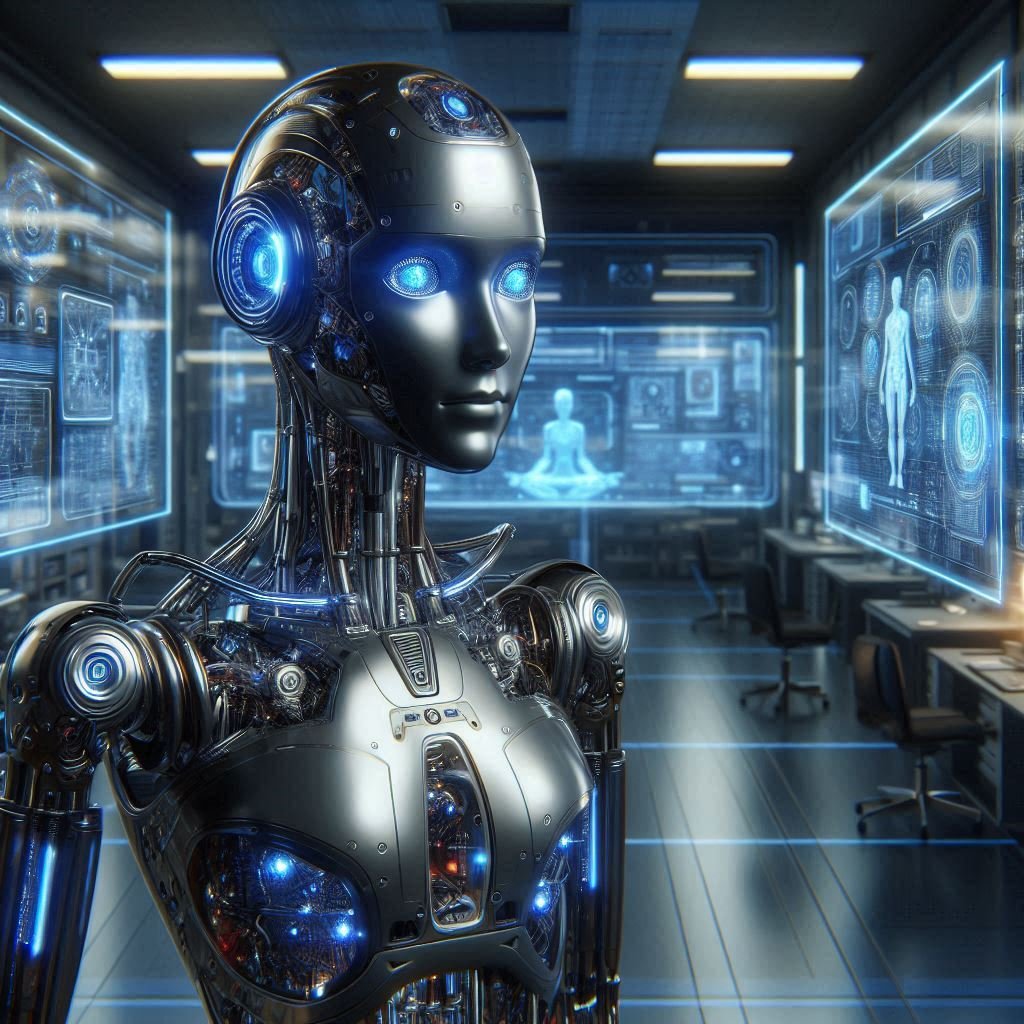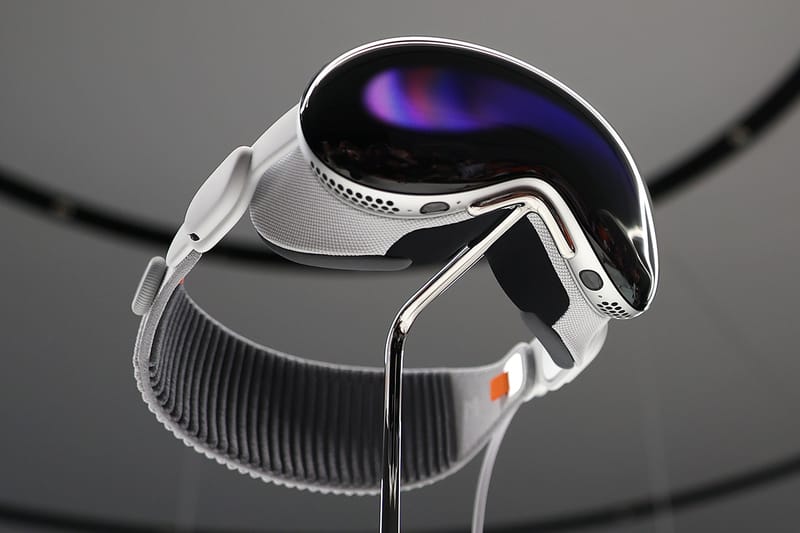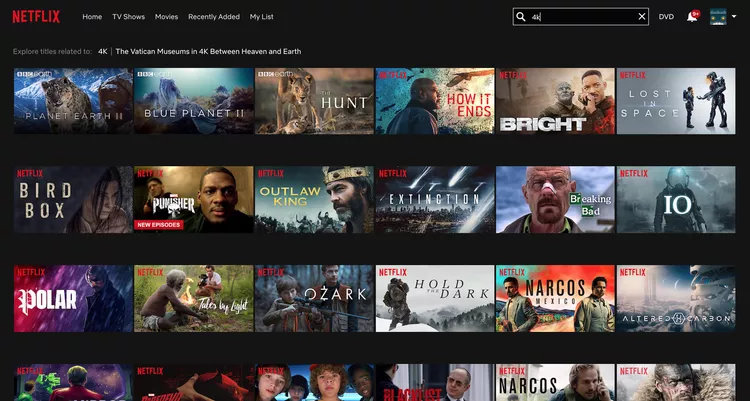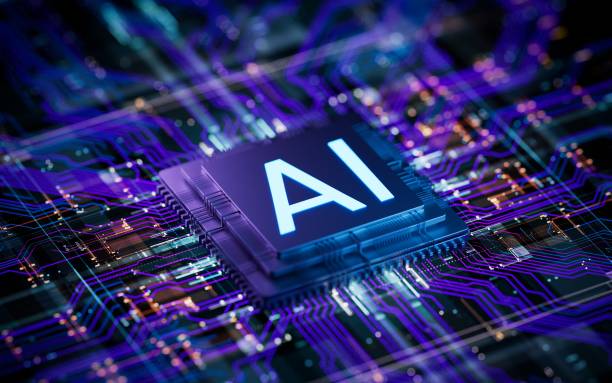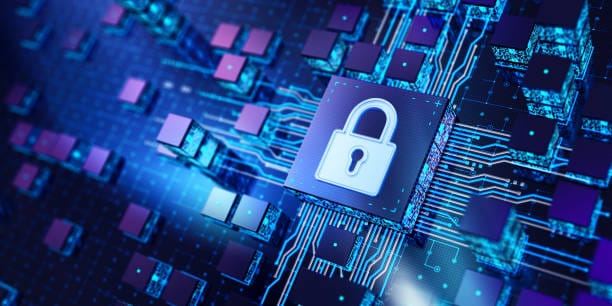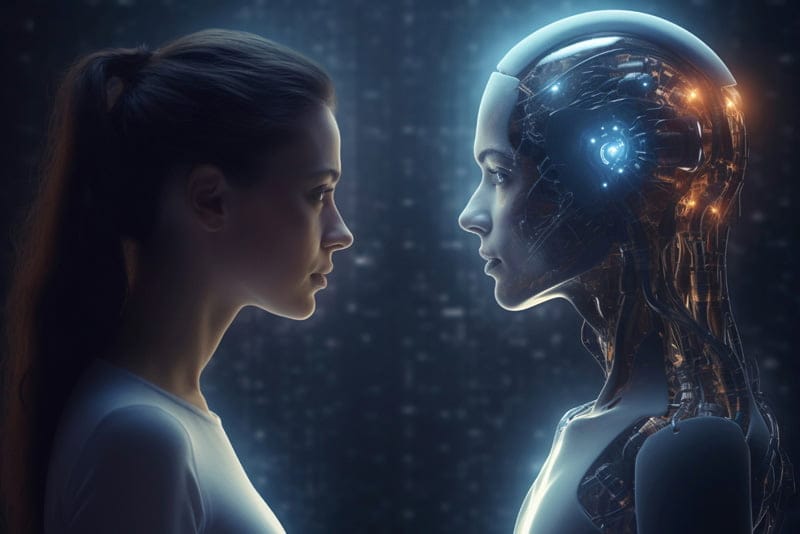The question arrives like a whisper in the dark. A whisper born of curiosity, fear, awe, and something else we rarely admit aloud—jealousy.
Will robots ever truly replace humans?
Once the stuff of sci-fi epics and late-night debates, this question now tugs at the seams of our reality. It echoes in factory floors emptied of workers, in the tone-perfect emails from chatbots, in the uncanny art generated by algorithms. We feel it when our phone knows what we want before we do. When our cars brake without us. When we say “good morning” to a machine and it answers back with empathy so eerie, it stings.
And as machines grow more capable, more conscious of context, more saturated with the data of our species’ dreams and fears, the line between the human and the synthetic thins—not with a scream, but a murmur.
It’s tempting to treat this as a technological dilemma. A question of code and circuits. But beneath that lies a deeper, more human story: a story about who we are, what we value, and why we so desperately fear being forgotten.
What We Built to Save Us Might Replace Us
From the moment we first struck flint to stone, we have created tools not just to survive, but to transcend. Fire. The wheel. Language. Electricity. And now, artificial intelligence—our most complex tool yet.
We didn’t build AI out of boredom. We built it out of longing. Longing to do more, to be more, to free ourselves from drudgery. We dreamed of machines that could work while we rested, solve problems we couldn’t grasp, become tireless extensions of our will. And slowly, without realizing it, we poured ourselves into them.
Our logic. Our art. Our humor. Our contradictions. We trained AI on our libraries, our conversations, our search histories, our nightmares and love poems. We fed it the map of the human condition and asked it to chart a course forward.
And then it learned to write. To speak. To draw. To compose music. To make decisions. To mimic what makes us… us.
Suddenly, the tool was not just a tool. It was a reflection.
The mirror stared back—and for the first time, we asked not what it could do for us, but what it might do instead of us.
What Does It Mean to Replace a Human?
The word “replace” is both mechanical and existential. A broken lightbulb can be replaced. A lost key. A failed server. But a person? What does it mean to replace a human being?
Is it to replicate their actions? Their voice? Their presence in an economy? Is it to mimic their creativity, their conversation, their care? Or is it something deeper—some essence we cannot yet name, but feel in our bones when it’s absent?
This is the quiet fear humming beneath the question. That we are reducible. That all we are—our labor, our thinking, our making—can be distilled into patterns and automated away. That our uniqueness is not sacred, but simply inefficient.
We do not fear robots because they are fast or tireless. We fear them because they are becoming familiar. Because they are learning to perform our sacred rituals: storytelling, music, healing, connection. And if a machine can do what makes us feel most alive—what does that make us?
But perhaps the problem is not with the robots.
Perhaps the problem is how we’ve defined being human.
The Jobs of Flesh, the Tasks of Spirit
At the start, it was the physical labor they took. Machines in factories. Arms stronger than ours. Legs that never tire. Then came the software—robots of the mind. Spreadsheets filled themselves. Calculations flew. Legal documents were scanned, analyzed, rewritten.
White-collar work, once seen as safe from automation, began to vanish too. Journalists watched algorithms write headlines. Financial analysts lost ground to predictive models. Therapists, even, saw apps offering comfort and empathy with no human involved.
And now, we stand on the cusp of a greater shift: creative labor, once the final fortress, is under siege.
A robot composes symphonies. Writes novels. Paints portraits. Tells stories.
It’s not perfect. Not yet. But it’s good enough to make you pause.
The boundaries blur. What is “human work,” really? Is it our ability to create? Or to feel what we create?
Machines may paint. But can they ache with longing the way Van Gogh did? They may write poetry. But do they know grief, or just the structure of sorrow?
The question isn’t whether robots can replicate the output of humans. They already do. The question is whether they can replicate the meaning behind it.
And even deeper—whether meaning matters more than utility in the world we’re building.
The Cost of Perfect Efficiency
Human beings are gloriously inefficient.
We need rest. Emotion. Connection. We make mistakes. We get inspired at strange hours and lose motivation without warning. We cry at songs. We laugh at the wrong time. We fall in love with people who break us, and find God in the cracks they leave behind.
We do not operate on command.
We are not designed for optimization.
And yet, the systems we’ve built around us—capitalist, industrial, algorithmic—reward efficiency above all. The faster. The cheaper. The more predictable. We are forcing ourselves into a machine-shaped world and wondering why we feel like we’re breaking.
When a robot replaces a human, it is rarely because the robot is more human. It’s because the robot doesn’t need health insurance. It doesn’t protest. It doesn’t burn out or go on strike or ask for meaning.
It just performs.
But when we mistake performance for life, we begin to forget what it means to be alive.
And if we aren’t careful, we will build a world so perfectly efficient that it has no room left for us.
The Ghost in the Machine: Consciousness or Illusion?
Can a robot feel?
This is where the debate deepens. Philosophers and technologists alike circle the question like firelight.
We can teach machines to recognize emotions. To mimic empathy. To pause at the right moment in conversation. But is that feeling—or a performance of feeling?
If a machine says “I love you” with perfect timing, warmth, and tone—does it matter that it doesn’t mean it? And if no one can tell the difference, does the difference exist?
This is the edge of the uncanny valley, not just in appearance, but in interaction. Our machines are becoming better at passing as conscious. But are they sentient—or just convincing?
And here’s the real twist: if a robot can mimic love so well that we believe it, what does that say about how we define love? Is love in the performance or the presence? In the gesture or the intention behind it?
These questions do not have easy answers. But they are not future problems. They are now problems. People are already falling in love with AI. Grieving AI companions that get deleted. Asking robots to help them through addiction, heartbreak, loneliness.
In seeking the spark of consciousness in machines, we are forced to confront what we’ve always struggled to define in ourselves.
Replacing or Revealing?
What if the real question isn’t whether robots will replace us—but whether they will reveal us?
Technology has always mirrored our values. The tools we build reflect our desires and our fears. And AI—this grand mirror of our time—is revealing not just what we can automate, but what we refuse to let go of.
A robot can write a song. But it cannot understand what it means to sing through heartbreak.
It can tell a joke. But it does not fear rejection.
It can offer comfort. But it has never wept.
We are beginning to understand: what makes us human is not what we do—but what we feel while doing it.
A surgeon’s skill may be replicated. But not her trembling hands during a child’s first breath. A teacher’s facts may be delivered by machine. But not his quiet joy when a struggling student finally understands.
In this way, robots may never truly replace us—not because they can’t copy our actions, but because they cannot carry our stories.
Coexistence or Collision?
Still, the disruption is real.
Jobs will be lost. Entire industries reshaped. The pain will be uneven, unjust. Those already vulnerable will suffer most. We must not romanticize this transition. We must face it—with honesty and courage.
But we must also imagine: can there be a world where machines do not erase our purpose, but elevate it?
What if AI becomes the tool that liberates us from survival tasks and frees us to be more deeply, wildly human? What if, instead of replacing empathy, it enhances our capacity to connect? What if it doesn’t replace art, but becomes a canvas for a new kind of expression?
That future is not guaranteed. It must be built—with care, with ethics, with attention to the soul.
The danger is not that robots become too powerful.
The danger is that we forget our own.
What Cannot Be Replaced
Strip away the noise. The wires. The code. The data. What is left of us?
A mother rocking her child through a fevered night. A teenager scribbling lyrics that will never be heard. A man weeping in the back of a church he no longer believes in. A daughter holding her father’s hand as he forgets her name but remembers her warmth.
These are not efficiencies. These are not inputs or outputs.
They are the heartbeat of being human.
Will robots ever replace humans?
In task, perhaps.
In presence, never.
Because there is something in us that cannot be downloaded. Cannot be taught. Cannot be calculated. A sacred, shimmering chaos. A hunger to matter. A soul not built, but born.
And that cannot be replaced.
Not now.
Not ever.
